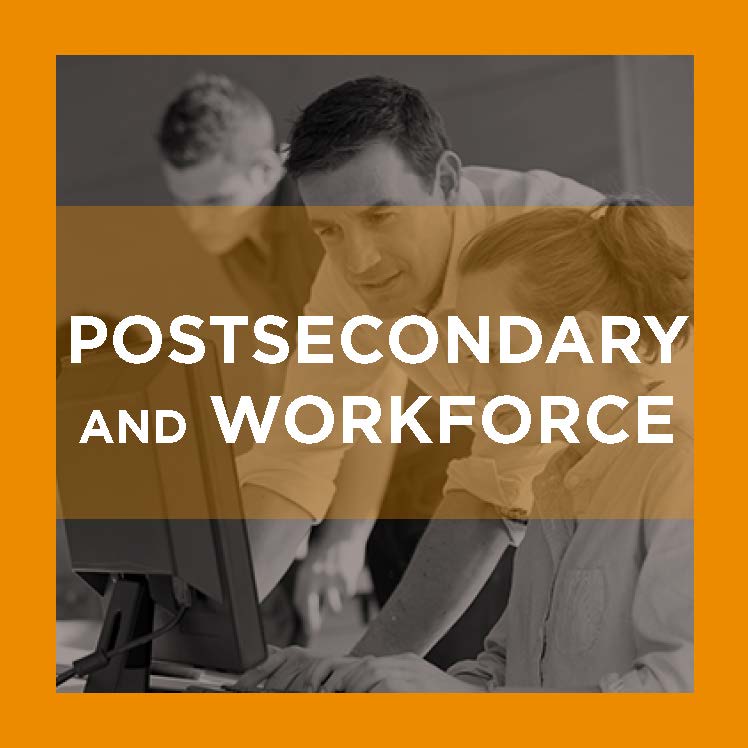Americans love lists, for a host of reasons, and the higher education policy community is no exception. A wide collection of ‘Top Ten’ issue lists percolate each year through our thought leadership communities, including from the American Association of State Colleges and Universities (AASCU), Association of Governing Boards (AGB) and popular press sites like The Huffington Post.
The beginning of the traditional academic calendar provides a natural time to reflect on trends likely to impact higher education policy, institutions and students over the coming 12 months. So I join the list frenzy – as a leader or a laggard depending on your perspective – with three things I think I think (or in some cases hope) will impact higher education during the 2016-17 academic year:
- The Free College Movement. Is free a price or a cost? Who is free for and what is exactly free anyway? As the “free college” movement has gathered steam over the course of 2016, we witnessed a record number of states considering legislation to create a free college policy of some kind. Yet core questions face the free college movement as it transitions from possible policy to implementable idea. How do states, institutions and students define free? What revenue amount, from what revenue sources (feds, states, institutions, philanthropy) are used to provide an education that is free for students? Are programs to be universal? For two-year or four-year programs or both? As the free college movement matures and seeks to inspire policy action, it will need to confront the structural, financial and political realities that create the policy ecology facing state and federal leaders.
- Getting Serious About Adult Students. For the past few years, significant efforts have been made to raise awareness of the necessity of engaging and re-engaging adult learners. As states move from adopting attainment goals to measuring progress towards reaching attainment goals, the need to ensure our postsecondary institutions and workforce training systems are successfully serving adults is coming into sharp relief. If we are to move closer to the roughly four million additional postsecondary credentials the nation requires to achieve attainment targets, we have to move policy and practice from simply rhetoric that supports adult students to policy and practice that actually does.
- Sexual violence prevention and response. Recent national surveys and media coverage of high-profile cases continue to fuel concerns about the prevalence of sexual violence on college campuses. In response, state policymakers are introducing—and often enacting—legislation intended to reduce the number of sexual violence incidents and pressure higher education institutions to more effectively respond to and report assaults.
In 2016, at least 22 states introduced or enacted legislation related to campus sexual violence. In 15 of these states, the bills addressed one or more of the four primary themes: affirmative consent; the role of local law enforcement; transcript notation; and the role of legal counsel. As with 2015, state policy actions also focused on prevention and training related to and reporting of campus sexual assault incidences, the creation of campus sexual violence task forces, and protecting students from disciplinary actions if they report sexual assault incidences. Led by well-organized student activists and backed by a broad coalition of practice and policy actors, the tragic and preventable issue of sexual violence is likely to remain top-of-mind as we move through the upcoming academic year.






